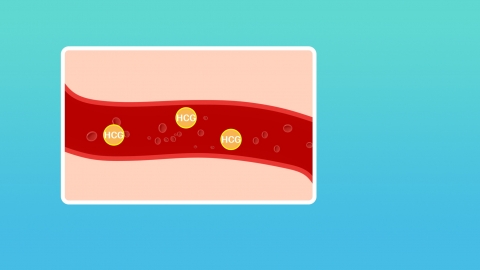Is it good to have low high-density lipoprotein (HDL)?
Generally, low levels of high-density lipoprotein (HDL) are unfavorable and may increase health risks. If concerned, it is advisable to seek medical consultation in advance. Detailed analysis is as follows:

HDL helps transport excess cholesterol from blood vessels to the liver for metabolism. When HDL levels are low, cholesterol is more likely to deposit on the vessel walls, potentially leading to atherosclerosis, thereby increasing the risk of cardiovascular diseases such as coronary artery disease and cerebral infarction, posing threats to health.
Even a temporary decrease in HDL may indicate abnormal lipid metabolism. If HDL remains low over a prolonged period, the protective effect on blood vessels weakens, and health risks progressively accumulate. There is no scenario in which low HDL levels are considered acceptable, so this condition warrants attention.
Upon discovering low HDL levels, timely dietary adjustments should be made, including increasing intake of foods rich in unsaturated fatty acids. At the same time, regular moderate exercise should be maintained. If the abnormal levels persist, further lipid profile tests should be conducted, and medical advice should be followed for appropriate interventions.






